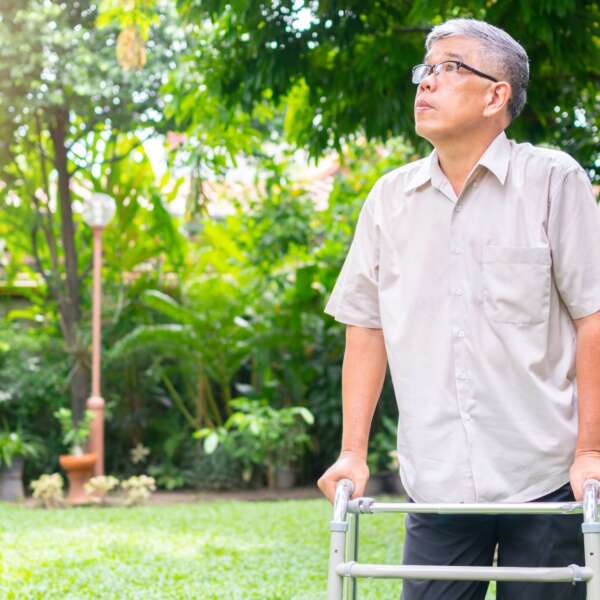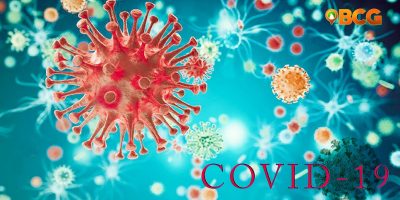A Filipino Priest-Scientist is developing a yeast-based oral COVID-19 Vaccine
A Filipino-American priest and scientist is currently working on a yeast-based vaccine against the coronavirus that might be a safe and inexpensive alternative for Filipinos.
Along with his research team at Providence College, Fr. Nicanor Pier Giorgo Austriaco, OP, a molecular biologist who has been working on yeast for 25 years, is working on a vaccine made out of bioengineered-human probiotic yeast.
“We are currently testing a probiotic yeast delivery system to see if it is making the spike protein in the way that we designed it to,” said Austriaco. The spike protein that will be produced aims to trigger an immune response similar to an injectable vaccine. The goal of what he calls a “scrappy vaccine” is not to prevent you from getting COVID, but to prevent you from getting severe COVID that would require hospitalization.
The yeast-based vaccine may be ingested in two possible forms: one is a powdered yeast that can be added to milk while the other option is encapsulating the yeast in vegan capsules for oral consumption. The vaccine is shelf-stable at room temperature, which means it does not require refrigeration, unlike injectable vaccines, making it suitable for developing countries that have no access to ultra-cold freezers.
The vaccine is currently in the pre-clinical phase in the United States. Austriaco hopes to return in the next month to set up a laboratory at the University of Santo Tomas to complete the “mouse work” or animal testing needed so they can apply for permission to undertake clinical trials here in the Philippines.
Austriaco hopes to have the oral vaccine they are currently developing available to the Filipinos by 2022. He also added that it is his dream “to make this vaccine as cheaply as possible so that it will be widely available to the Filipino people,” especially to the far-flung areas of the archipelago.
Rev. Fr. Nicanor Austriaco earned his doctorate degree in Biology from the Massachusetts Institute of Technology (MIT) in 1996 and was ordained as a priest in 2004. He is also a member of the OCTA Research Group.
SOURCE: Gulf News, Providence College















